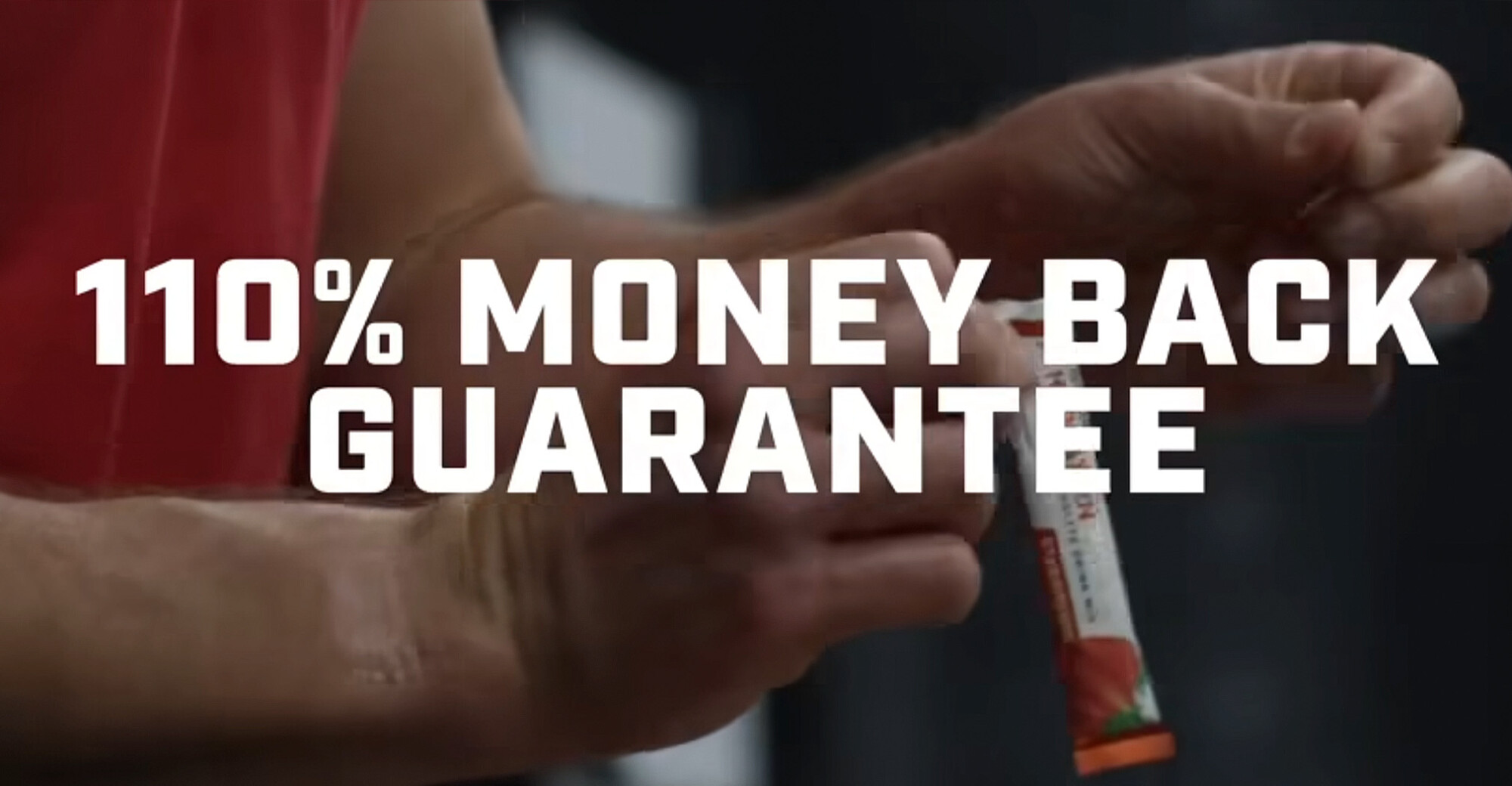
Should Movie Theaters Be Required to Advertise Actual Start Times?
Under a proposed bill, theaters could be fined for making moviegoers guess.
October 2014: The state judge echoed the federal district court judge that previously ruled on the matter and dismissed this class-action lawsuit finding, among other things, that the First Amendment barred any court from deciding whether the Hebrew National meat products were actually kosher. (Wallace et al v. ConAgra Foods, Inc., Case No. 19HA-CV-12-3237, 1st Judicial District of Minnesota).
April 2014: An appellate court sent this false advertising class-action lawsuit against ConAgra (for allegedly falsely marketing its Hebrew National beef products as “100% kosher”) back to the district court with instructions to return the lawsuit to state court. Although the appellate court found that the plaintiffs lacked standing (i.e. a proper basis to sue) in federal court, the appellate court concluded that the district court incorrectly dismissed the lawsuit and the appropriate remedy was to return the case to the state court where it originated. (Wallace et al v. ConAgra Foods, Inc. d/b/a Hebrew National, Case No. 13-1485, 8th Cir.).
January 2013: A federal judge dismissed a false advertising class-action lawsuit filed against ConAgra Foods. The complaint, which was originally filed in state court in 2012, claimed that the company deceptively marketed Hebrew National meat products as kosher when, in fact, they’re not. The judge ruled that the First Amendment bars the court from deciding religious matters. Specifically, the judge stated that “[t]je definition of the word ‘kosher’ is intrinsically religious in nature, and this court may not entertain a lawsuit that will require it to evaluate the veracity of defendant’s representations that its Hebrew National products meet any such religious standard.” (Wallace et al. v. ConAgra Foods, Inc., Case No. 12-cv-01354, D. Minn.)
For more information about other class-action lawsuits against ConAgra and TINA’s coverage of the company, click here.
Under a proposed bill, theaters could be fined for making moviegoers guess.
Money-back guarantee comes up woefully short of advertised percentage.
Is it still a guarantee if it has strings attached?
Lawsuits allege “100%” marketing on front label is misleading.
TINA.org reader was charged a lot more than the advertised price. He’s not alone.



